As Tennessee grows, special censuses can reap big benefits for cities
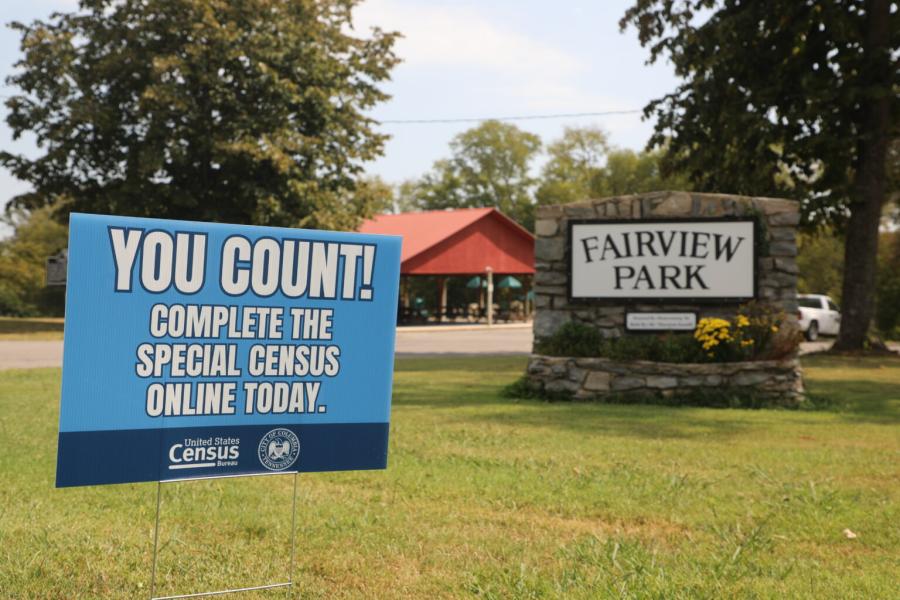
By KATE COIL
TT&C Assistant Editor
With Tennessee’s population projected to increase by at least 600,000 by the next federal census, many municipalities have found holding a special census is an effective way to ensure state-shared revenues properly reflect growing populations.
Tim Kuhn, director of the Tennessee State Data Center (TNSDC), moderated a discussion between city officials on the benefits of conducting a special census as well as strategies to make a special census successful as part of TML’s 84th Annual Conference in Knoxville. TNSDC administers the special census program for the state.
HOW IT WORKS
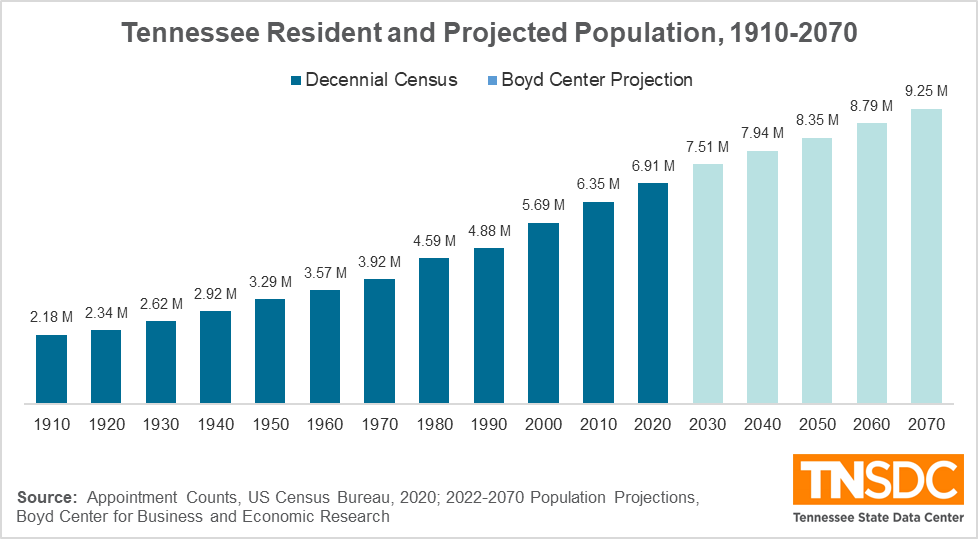
Other than challenging the results of the federal census, Kuhn said a special census is the only method for municipalities to update their population estimates. Each municipality can conduct three special censuses between each federal census. These special censuses are either conducted by the municipality itself or through a contract with the U.S. Census Bureau.
With municipalities receiving an average of $175 in state-shared revenues per person per year, Kuhn said conducting a special census can have real financial impact. Some 60.3% of Tennesseans – six in 10 – live in a municipality, and with 280 cities and towns adding population between 2022 and 2023 alone, Kuhn said cities are seeing the bulk of in-migration to the state.
To conduct a special census, a city must send a letter of intent to conduct a special census to TNSDC before Jan. 1, though Kuhn said it is not uncommon for his office to see them as early as the summer before.
Canvassing must be completed, and information must be turned into the area development district by March 1. The district then has until May 15 to submit their corroborated data to TNSDC, who certifies it and sends it to the U.S. Census Bureau. The U.S. Census Bureau typically returns its approval by July 1.
WHY A SPECIAL CENSUS
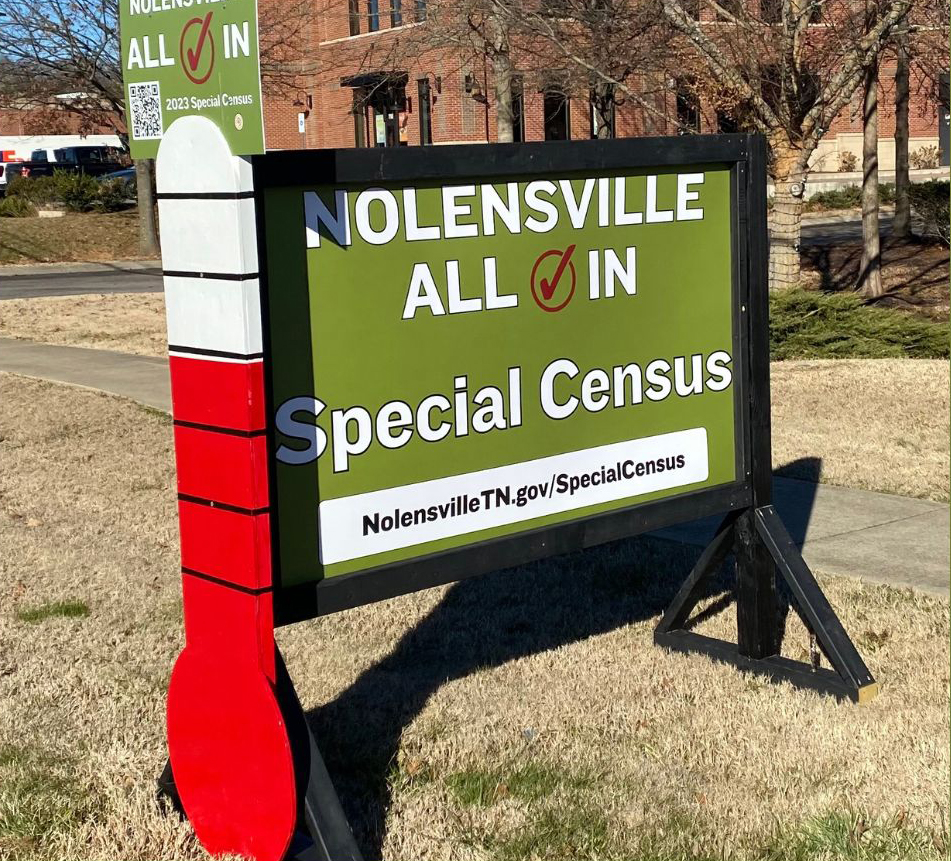
Columbia City Manager Tony Massey said the city decided to conduct a special census because they felt the 2020 census undercounted their population. While initially the city didn’t feel the undercount was enough to merit a census challenge, the continued growth in the area prompted officials to decide to undertake a special census.
“Our building permits tracked more than 700 new units since the 2020 Census with 2,700 to 2,800 homes occupied since then. It just made sense to suggest to council we do a special census,” Massey said.
Goodlettsville City Manager Tim Ellis said city officials noted that the number of both single-family and multi-family housing permits issued in the city didn’t match up with census numbers.
“If you have at least two people living in each home – we estimated that the Census number we’re about 5,000 short,” he said. “With that said, we are probably leaving about $1 million on the table by not capturing those residents. We knew we were providing services to 22,000 people but only receiving funding from the state for 17,000.”
Nolensville GIS Coordinator Joel Cook said the town tracks building permit approvals to better help capture how its population is growing. By doing this, Cook said the city can see where growth is happening and determine when enough growth has happened to justify doing a special census.
BUILDING BUY-IN
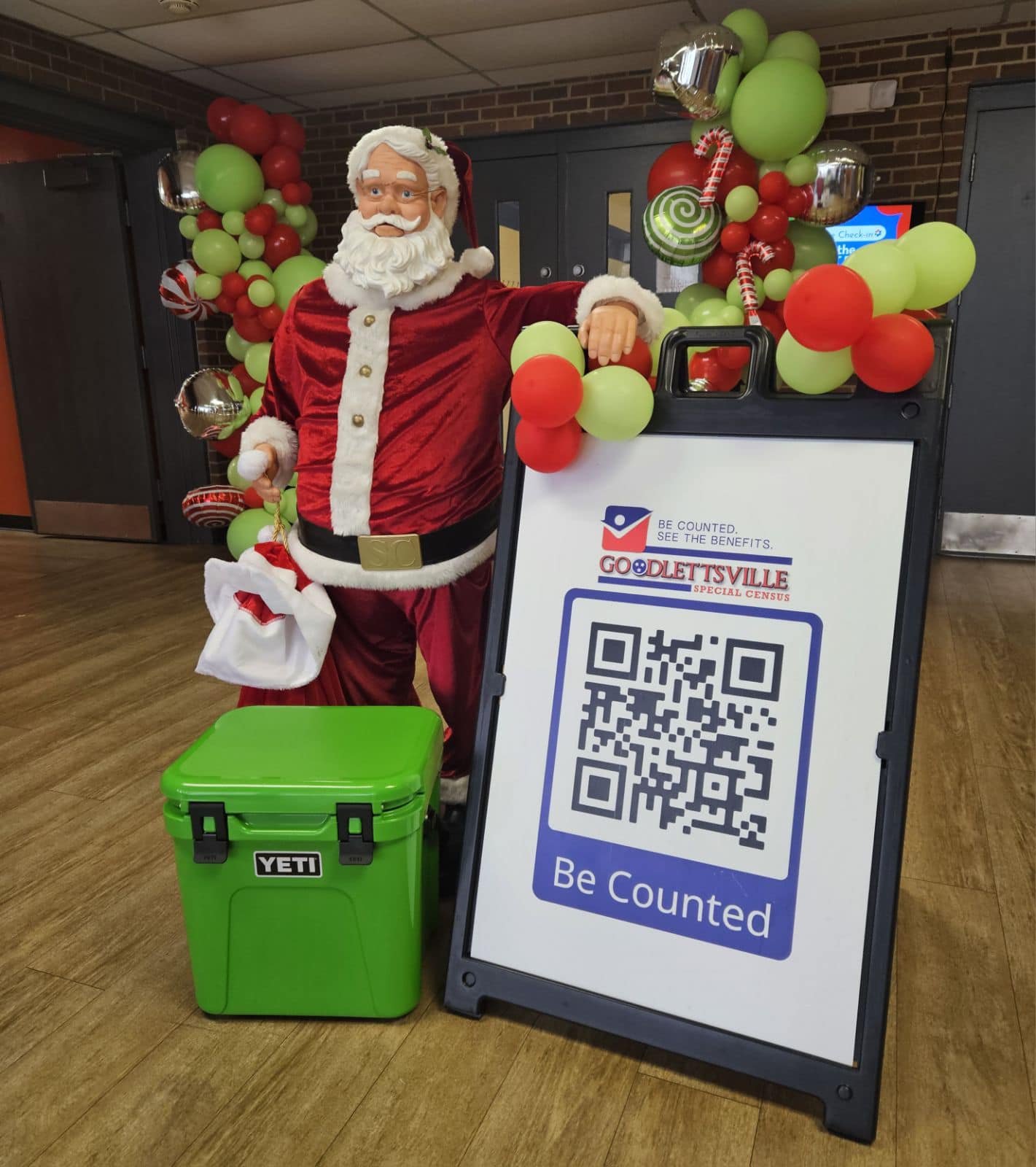
Massey said city officials in Columbia discussed the need for a special census as part of annual strategic planning sessions, allowing for the funds needed to conduct the census to be included in the annual budgeting process ahead of time. Cook agreed that having support from city councilmembers can also encourage residents to be responsive to the special census process.
Ellis said it also helped to put things into literal terms.
“Talk about how you can pay your debt service, built a new fire hall, and put a new fire truck in that fire hall, or you can hire this many police officers,” he said. “Put it into the terms of what that equals to because those who don’t deal with numbers every day may not see it in the same way.”
Joanna McCall, senior research analyst with the Greater Nashville Regional Council (GNRC), said local development districts can give communities cost estimates for how much certifying a special census will cost versus how much money the community stands to gain from conducting it. McCall said she has never seen a special census cost more than the amount of money the community stands to receive.
“For a rough estimate, they usually cost $5 a head,” she said. “We are only required to count 10% of what you counted. We do have to hire people to go door-to-door to verify the information you submit. Get in touch with your development district as soon as you are considering conducting a special census. We like to plan our pipeline of work as well, and it is more seamless if we know when to expect it.”
Cook said Nolensville had a budget of $75,000 for marketing, but only spent $37,000 on mailers, shirts, buttons, and other materials.
Kellye Murphy, director of tourism and marketing for Columbia, said the city estimated it cost about $35,000 for the marketing of the special census.
“We hired the U.S. Census Bureau, which comes with a great toolkit including bilingual information, social media posts, fliers, etc. that you can adapt to your location,” she said. “While that is wonderful to have, you also have to have your arsenal of billboards, radio, heavy on social media, a write-up in the local paper, and every aspect you can touch. We also had special sign-up events for the recruiting. Even when working with the U.S. Census Bureau, recruiting is on us.”
RECRUITING WORKERS
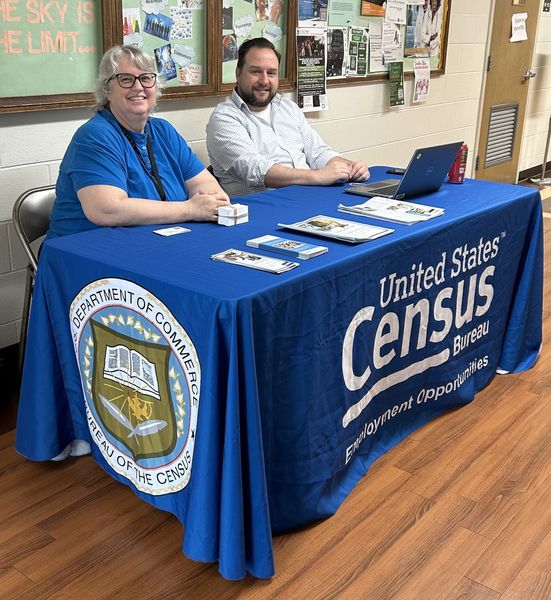
In addition to getting the word out about the census, municipalities also have to find workers to conduct the census. Tim Ellis said conducting the special census was a team effort for the city, which helped provide unique solutions to counting apartment residents.
“We have involved police department and their community relations officers, who have great working relationships with the apartment complexes,” he said. “Much to my surprise, a suggestion from our city attorney was to incentivize the apartment managers as census takers. We have seen greater success in doing that than we have had in previous special census.”
Cook said Nolensville recruited both volunteer firefighters and “VIP” volunteers.
“They were a group who was very interested in the special census,” he said. “They would set up a booth at the local farmers market every week for a few months. They would give people the QR code to take the survey. That one-on-one interaction was important. People can ignore signs, so conversations are important.”
McCall said municipalities should also make citizens aware that special census takers will be in their area, especially during the certification process.
“We are required to put out some sort of notice that they will be out there during the certification,” she said. “Sometimes in the certification process, this is the second or even fifth time a person’s door is getting knocked. They aren’t always happy that our staff is out there. We have had some issues with aggression.”
Trusted faces, such as police and fire officials or local residents who participated in the initial census, can also accompany certifiers to ensure the process is easier. McCall said she has found the best hours for conducting a special census are 2-5 p.m. Monday through Thursday and then from 9 a.m. to 5 p.m. on Saturdays, times when most residents are home and willing to answer their doors.
GETTING CREATIVE
To build participation, Ellis said officials may have to get creative with how they get responses.
"Unfortunately, we live in a time when people are very cautious about what information they’re sharing,” he said. “Unlike previous special censuses we have done, our initial response has not been very good. We are having to be very creative because not only do we have many single-family units, we also have a lot of multi-family units, which are difficult to capture.”
Cook said Nolensville turned the special census into a competition and kept residents up-to-date with the latest data to encourage that competition.
“We actually made it a competition between different neighborhoods,” he said. “It was interesting to see people really excited about a census. It made the return on investment really worth it. We utilized Survey 1-2-3 to send out electronic surveys. With the responses from those, we could quality check as they came in. We could also flag duplicates. If we flagged that someone sent in bad quality information, we could send our staff back to that door to complete it. We also used a dashboard to help the public and field staff see the data as it came in.”
To learn more about conducting a special census, visit the TNSDC.
